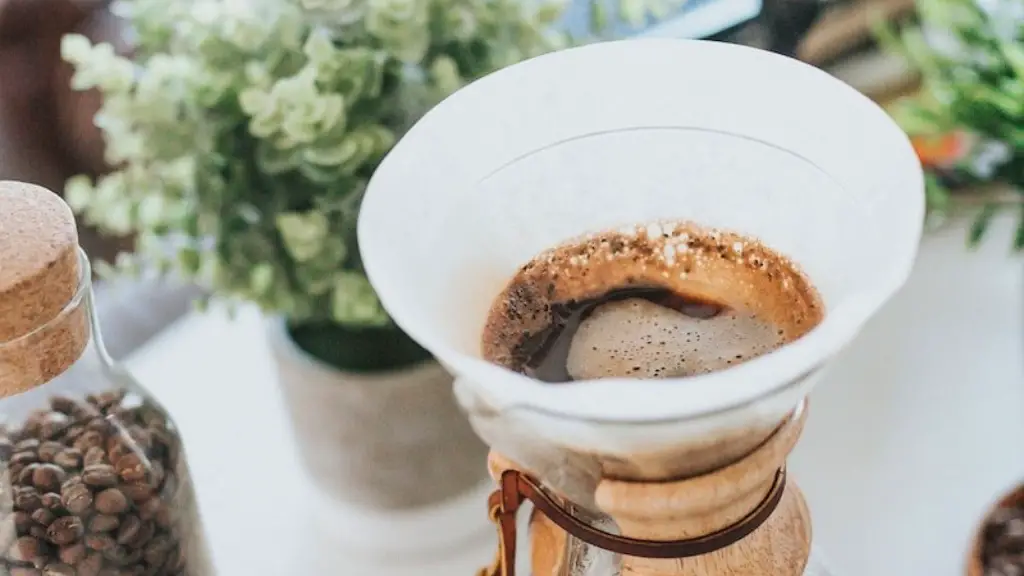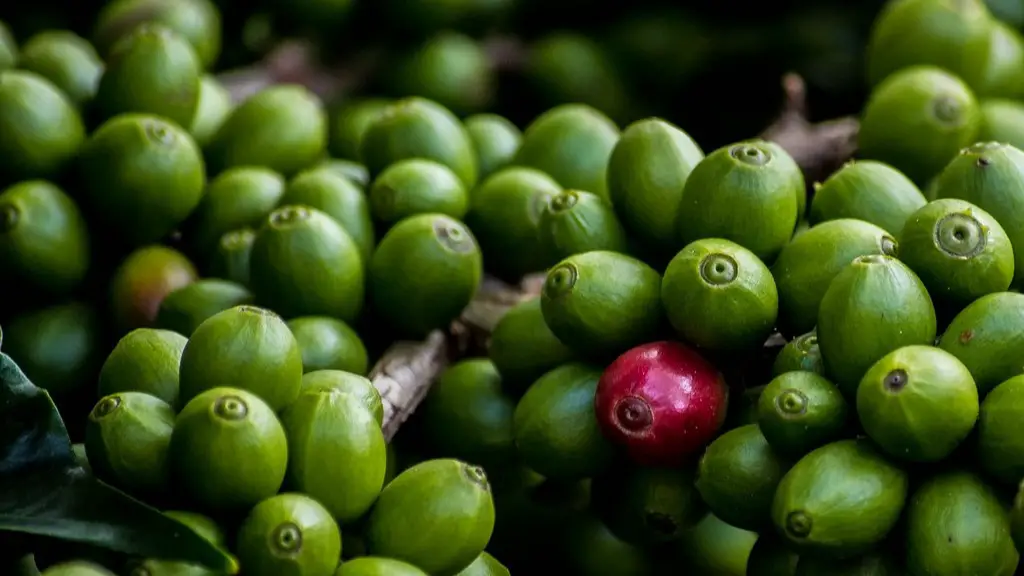Coffee is one of the most common drinks people around the world enjoy daily. But could it have an adverse effect after a person has had a tooth extraction? This is something that many people find themselves wondering and rightly so, especially if they’re heavily dependent on coffee.
Drinking coffee can help people feel a short burst of energy, but depending on the day of your tooth extraction, consuming coffee may be a less-than-ideal idea for your healing process.
To answer the question: Can you drink coffee the day after tooth extraction? It depends. We’ll touch on what you should do to optimize your healing progress, as well as when you should consider drinking coffee after your dental procedure.
Should I Drink Coffee the Day After Tooth Extraction?
It is important to talk with your dentist before consuming caffeine the day after tooth extraction. Generally, you should abstain from alcohol, smoking, and excessive caffeine, as they can slow down or even reverse the healing process.
Caffeine may be able to reduce the severity or duration of throbbing, tenderness, and bruising associated with a venous procedure; but that isn’t necessarily a good thing if your procedure involves healing. Your dentist will likely advise you to stay away from caffeine if you plan on needing stitches, as the caffeine can irritate the wound and make it more difficult for the stitches to hold.
Not to mention that the intake of caffeine affects your blood pressure and can make your heart beat faster or harder than it normally would. This is not ideal for someone who just had treatment in their mouth.
When Is It Safe to Drink Coffee After Tooth Extraction?
If your dentist does not advise you against drinking coffee, drinking it after your tooth extraction may be safe, as long as you follow some important guidelines.
First and foremost, talk to your dentist and check in with them before you drink. Also, start with a small amount of coffee and see how your body reacts to it. Increase in increments and see if your body reacts positively or negatively to the increased amount of caffeine.
As always, be sure to pay attention to any signs that your body doesn’t respond well to the caffeine. If you find yourself feeling undesirably jittery, nauseated, or lightheaded after drinking coffee, you may need to forgo it.
It’s also important to ensure that you’re drinking coffee in moderation. This means avoiding drinking excessive amounts of coffee or too-strong coffee. Aim to consume no more than two cups per day after your tooth extraction. Try to also be mindful of what you’re adding to your coffee, such as sugar or cream, as these can affect your healing process as well.
Is Replacing Coffee With Other Drinks Falling Teeth After Extraction?
While – temporarily – switching over to something else can be a great way to still get that warmth and comfort that your cup of coffee gives while also allowing your body to heal properly, there are a handful of other drinks that you can substitute your coffee with in the day after your tooth extraction.
If you’re looking for something that looks and tastes like coffee, try out some caffeine-free options such as chicory root, cinnamon tea, and mint. Or you could opt for a hot rye tea; this is an antioxidant-rich beverage that may help promote the production of digestive enzymes after your dental procedures.
If coffee isn’t your thing, try out some herbal teas like hibiscus or passionflower tea. These are naturally caffeine-free drinks that can help sooth the effects of tooth extraction. There are also a variety of decaffeinated options that you can try, such as low-caffeine green tea.
Foods to Eat After Tooth Extraction to Assist the Healing Process
When deciding what to eat the day after your tooth extraction, it’s important to focus on foods high in protein and vitamin C, as these will help with the healing process. Choosing foods that are soft and don’t require much chewing will also help you avoid any unnecessary pain.
Some excellent food choices that fit perfectly into that list of criteria are Greek yogurt, oatmeal, mashed potatoes, scrambled eggs, and smoothies. Try out some sorbet or ice cream for a sweet treat, as well. All of these foods should be consumed luke warm or cold. Intense heat can actually do more harm than good in this situation.
Things to Avoid After Tooth Extraction
Gum is often a go-to for many dental procedures, and this can actually interfere with the healing process, as it puts too much pressure on the extraction site. Try to also avoid tough, crunchy, and overly spicy foods as these can also cause disruption or unrest to the extraction site.
At the end of the day, what’s most important is that you do what’s best for your body. Everyone’s healing process is different, so the best way to ensure that your recovery is quick and efficient is to listen to your body’s needs and follow the instructions that your dentist gives.
How Can You Pass Time During Healing After Tooth Extraction?
Once your extraction is finished, you may find yourself with a bit of extra free time in your day-to-day. With the typical recovery period often lasting anywhere from one to two weeks, there are plenty of activities that you can take part in that can help pass the time and make sure you’re healing properly.
For those wanting to stay productive during this time, you can use the extra energy to tackle some of those household chores and projects you’ve been putting off. Also, why not focus on your mental health and use the lack of stimuli as an opportunity to rest, reflect, and heal. Take up some hobbies such as playing board games or explore new forms of entertainment.
It’s also important to remain physically active, as exercise has been known to support dental health, so long as you avoid exercises that can cause unnecessary strain to your extraction site. You can opt for low impact exercises such as walking, riding a bike, or swimming.
Caring For Tooth Extraction Site
One important step that often gets overlooked is the aftercare that you need to keep up with to ensure that you’re healing properly. This includes paying close attention to your extraction site.
Your dentist should walk you through the post-operative care that you need to be aware of, but in general, you want to keep the extraction site clean and dry. Avoid excessive rinsing, spitting, or touching the area of the extraction, as this can disrupt the healing process. You should also use a straw when consuming drinks and avoid drinking alcohol, smoking, and rinsing with alcohol-based mouthwashes.
As always, it’s important to keep up with your follow-up appointments and reach out to your dentist if you notice any signs of infection such as swelling, pain, or a fever.





